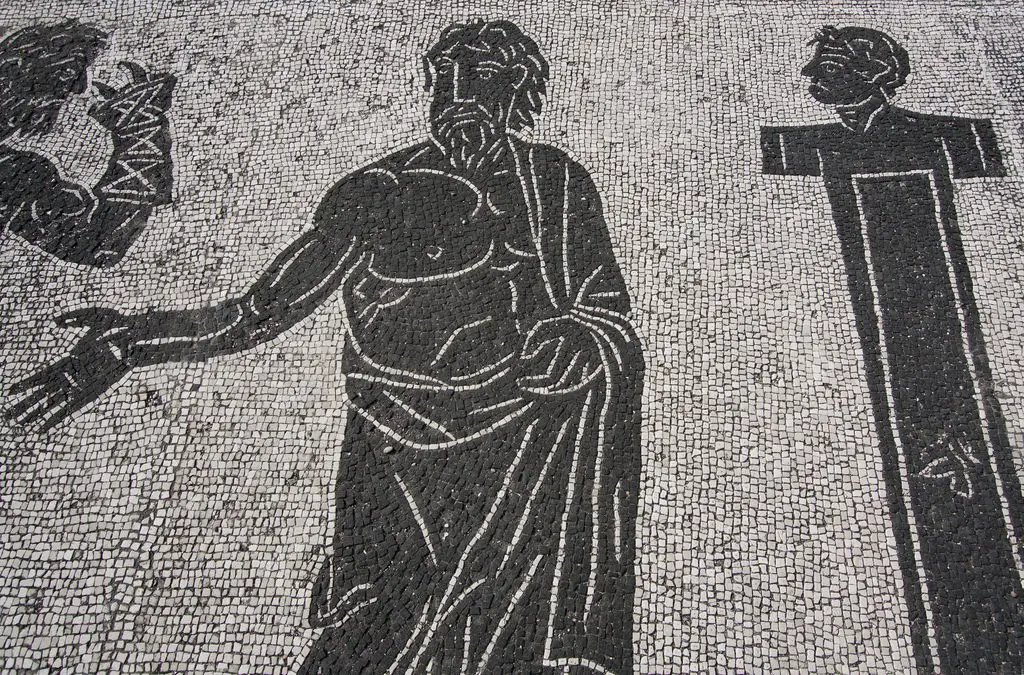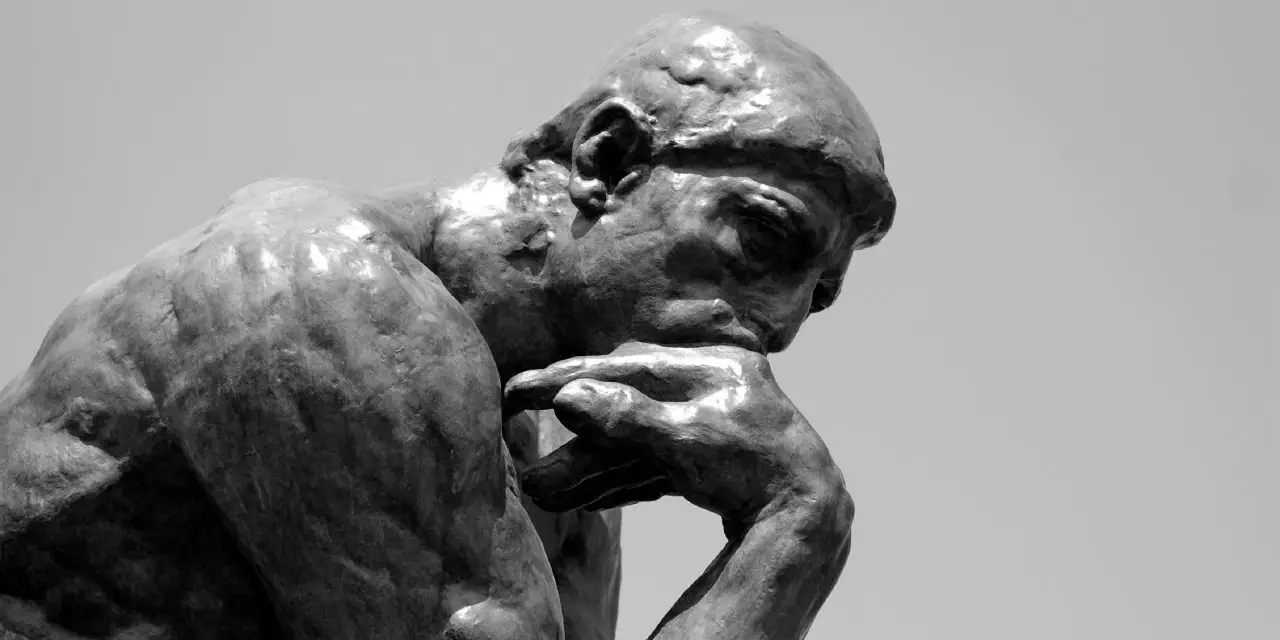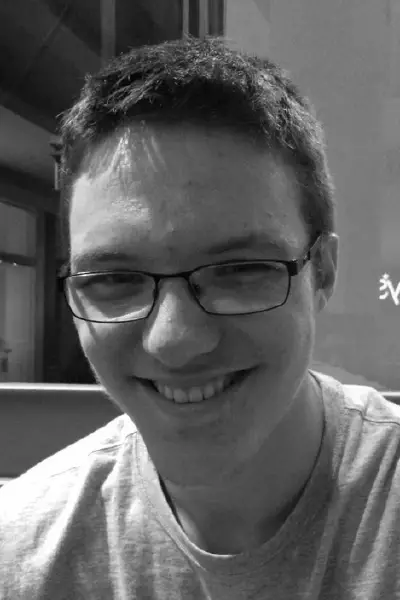The Philosophy of My Major
It is not to open a philosophy shop.
By Tim Philbin, College of the Holy Cross
Based on the way most universities market themselves, it can be easy to think that the sole purpose of your college education is to prepare you for a lucrative career so that you can get richer than God Himself.
The median starting incomes of recent graduates, medical and law school acceptance rates, and a panoply of desirable career options are touted as the things that make [insert college name here] one of the most elite institutions of higher education in the country. Given this emphasis on the practical use of one’s education, it is easy to see why less practical majors are often playfully derided. As a philosophy major, I I know this derision better than anyone.
If you ever want to ruin a pleasant conversation with your family over a homecooked meal, tell your parents you’re thinking about majoring in philosophy. Trust me, the awkward, disapproving silence will be deafening. When people ask me what my major is to make some small talk (doubtlessly expecting to hear biology, business administration, or some similarly useful field of study), they are uniformly surprised and slightly alarmed to hear that I have chosen to study philosophy.
 The most common response is an ill-concealed shock and mild disapproval followed by a tepid “What are you gonna do with that?” My favorite response came from my friend’s dad, who asked me “So, what’s the plan? You gonna open a philosophy shop?”
The most common response is an ill-concealed shock and mild disapproval followed by a tepid “What are you gonna do with that?” My favorite response came from my friend’s dad, who asked me “So, what’s the plan? You gonna open a philosophy shop?”
As you might imagine, this gets old, and so I’ve decided to explain why I have made the rash, unadvisable and generally imprudent decision to major in philosophy.
If I had to put it into a sentence, I would say this: I’d rather be happy then rich.
Great minds have been contemplating the vexing question of how to be happy for literally millennia. Since there have been people they have been obsessively concerned with how to achieve happiness (if such a thing is possible). Many philosophers have proposed an answer to the question of how to be happy, but not one has said that the road to happiness involves making a bunch of money and living in a house in the suburbs with a white picket fence. Not Socrates, Plato, Aristotle, Seneca, Christ, the Buddha, or Mohammed. Not even one.
Here’s the thing about money: If it’s stuff you want, there’s nothing like it. Fast cars, fancy clothes, luxurious houses—if you have the money you can have it all. But let’s not forget that money has its limitations; its buying power is not infinite. If you don’t believe me, then I’d like you to answer a very simple question: What is the cost of happiness? How do the laws of supply and demand apply to happiness? If money can truly buy anything, then I should be able to buy happiness and, in doing so, become happy myself.
Now obviously, this is a ridiculous line of inquiry. Happiness may not be bought and sold like a car or a house. It is not subject to market forces because it is not a material object. Happiness is an inner state, something that money cannot buy.
In his book “The Road to Character,” author David Brooks points out that we can divide the virtues into two categories: Those we put on our resumé and those that others speak about in our eulogy. Brooks further contends that Americans have a society-wide bias in favor of the resumé virtues at the cost of developing the eulogy virtues. I would tend to agree with him. College students spend time frantically searching for the best possible internship, maintaining their GPAs and studying hours upon hours for exams, but they spend no time at all on their character.
This is where my “useless” major comes in. Philosophy specializes in the things money can’t buy.
Philosophy is a difficult discipline to define; there is some debate among philosophers as to exactly what philosophy is. There is one thing, however, that they all agree on: Nothing is above questioning. The philosopher is not afraid to grapple with difficult questions, not afraid to plunge himself into doubt. This is not natural to human beings; in general, humans are much better at ignoring difficult questions and doing what we’re told.
Questions can be scary, because always looming in the background is the possibility that everything you’ve been told is wrong. It is a natural impulse to avoid asking questions for fear of an unwelcome answer, but philosophy reminds us that the only way to find Truth is to boldly ask questions and accept whatever answers may emerge. In doing so, a very strange and wonderful thing begins happen; the inborn, human fear of the uncertainty of questions begins to slip away.
The consummate philosopher is someone who is comfortable in his ignorance, someone who does not allow his fear of the unknown to deter him from asking questions. And once you cease to fear questions and embrace your ignorance, the door to happiness lies wide open, for what is there to fear anymore? The spiritual journey of coming to grips with your ignorance allows you to let go of your fear and be comfortable in your own skin, yielding a deep and abiding sense of joy.
Of course, this is much easier in theory than in practice. In reality, the path to this kind of joyful humility is extremely difficult. It necessitates a lifetime of striving. The same way an athlete spends his life conditioning his body, the philosopher must condition his soul. Indeed the road to happiness is not as easy as one would like it to be.
But I am convinced that the reward will be worth the toil. So that’s why I am majoring in philosophy. I am embarking on the long and arduous journey to improve myself. So will I be opening a philosophy shop any time soon? No, but (hopefully) I’ll be happy nonetheless.












[…] if you didn’t, you were using your lower mind. On the other hand, if you spent all day studying philosophy and religion through application you were probably using your higher […]